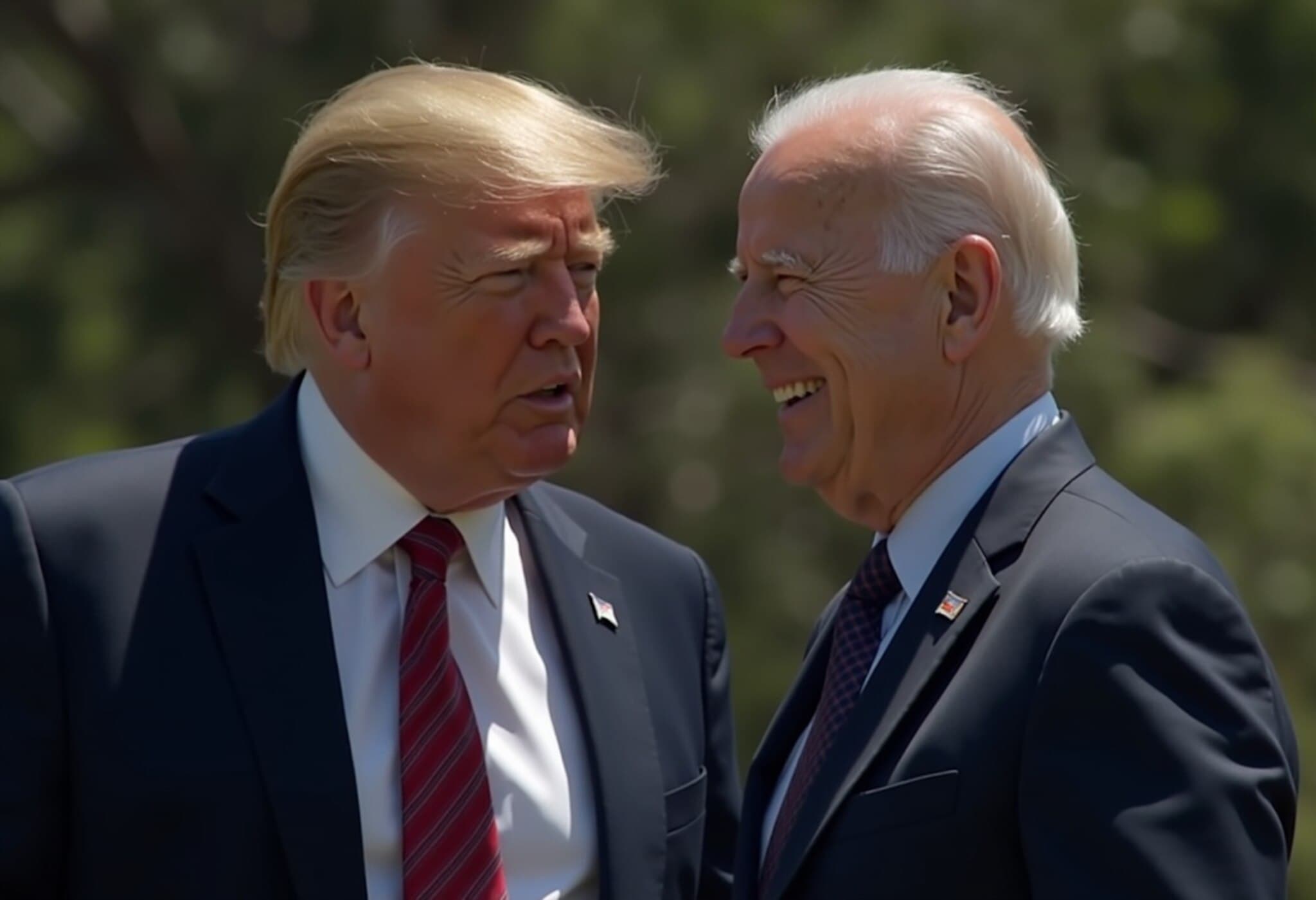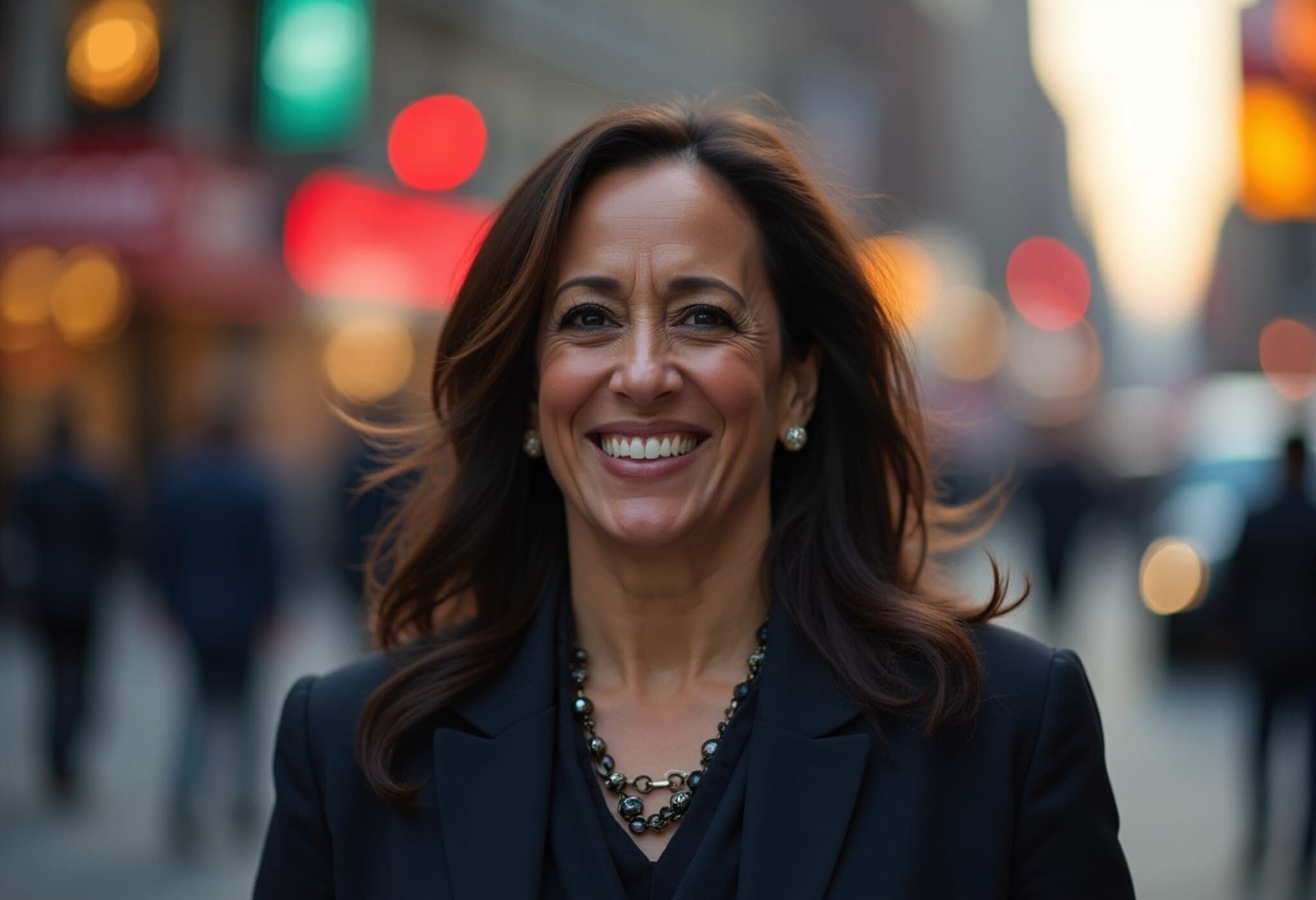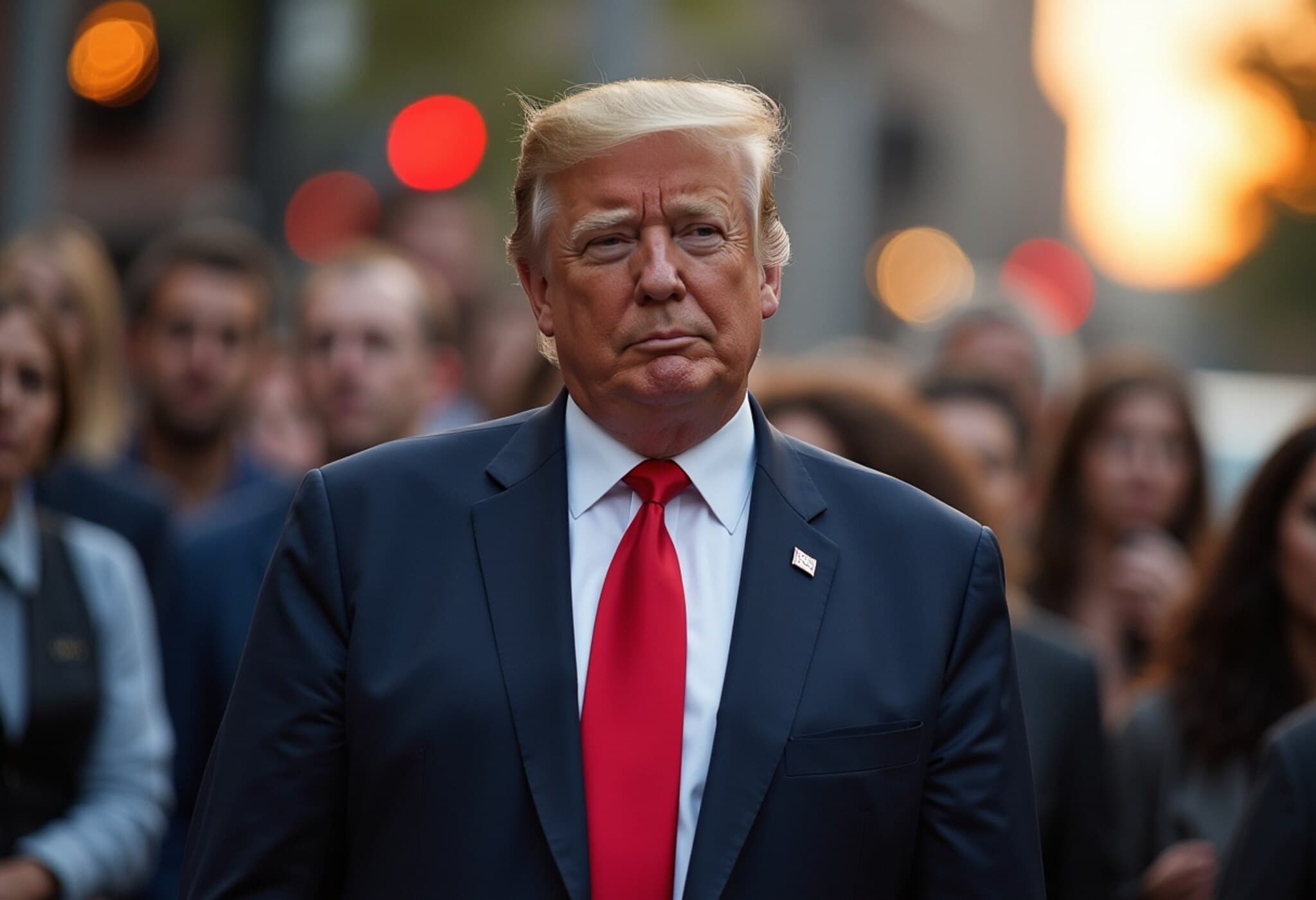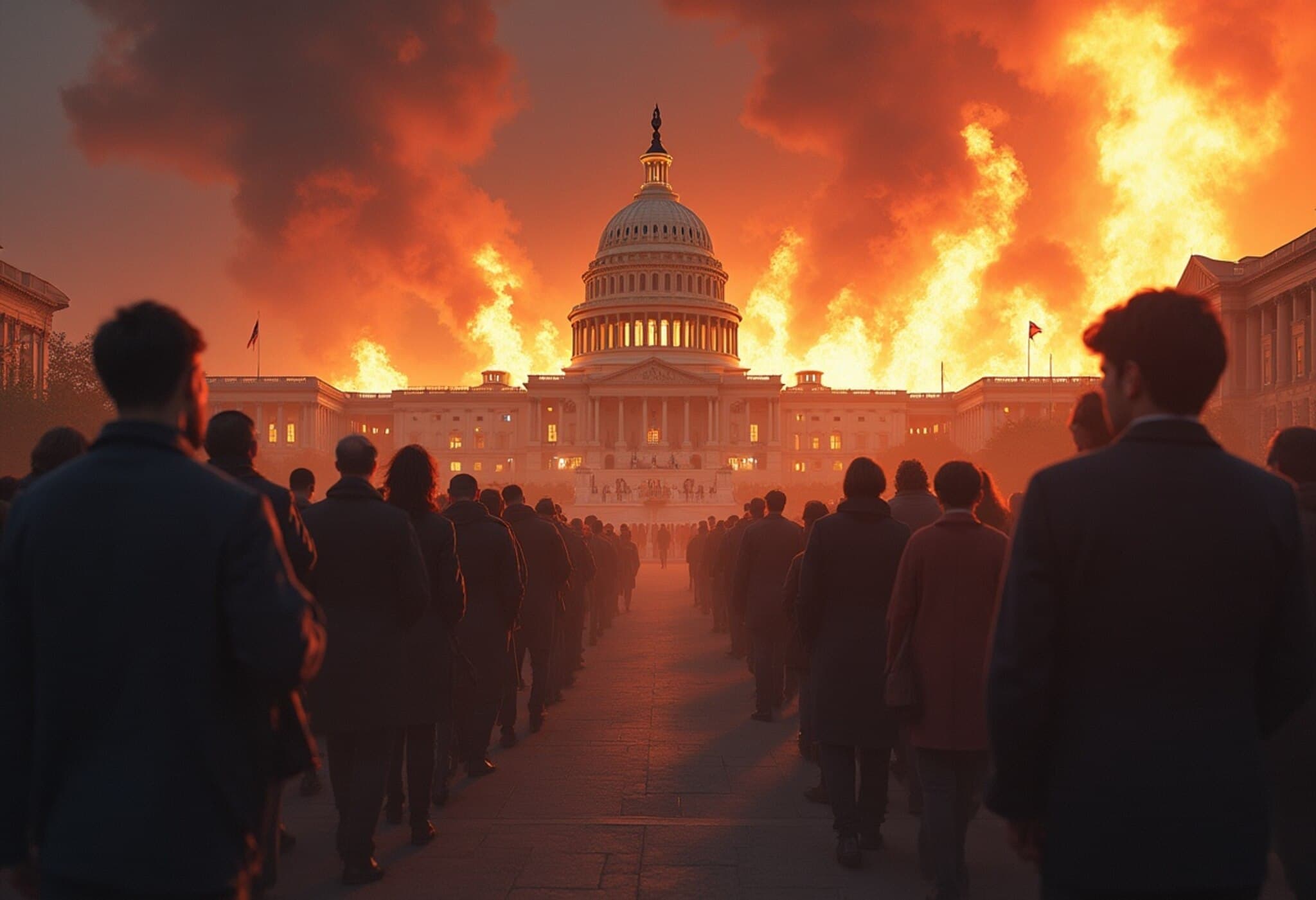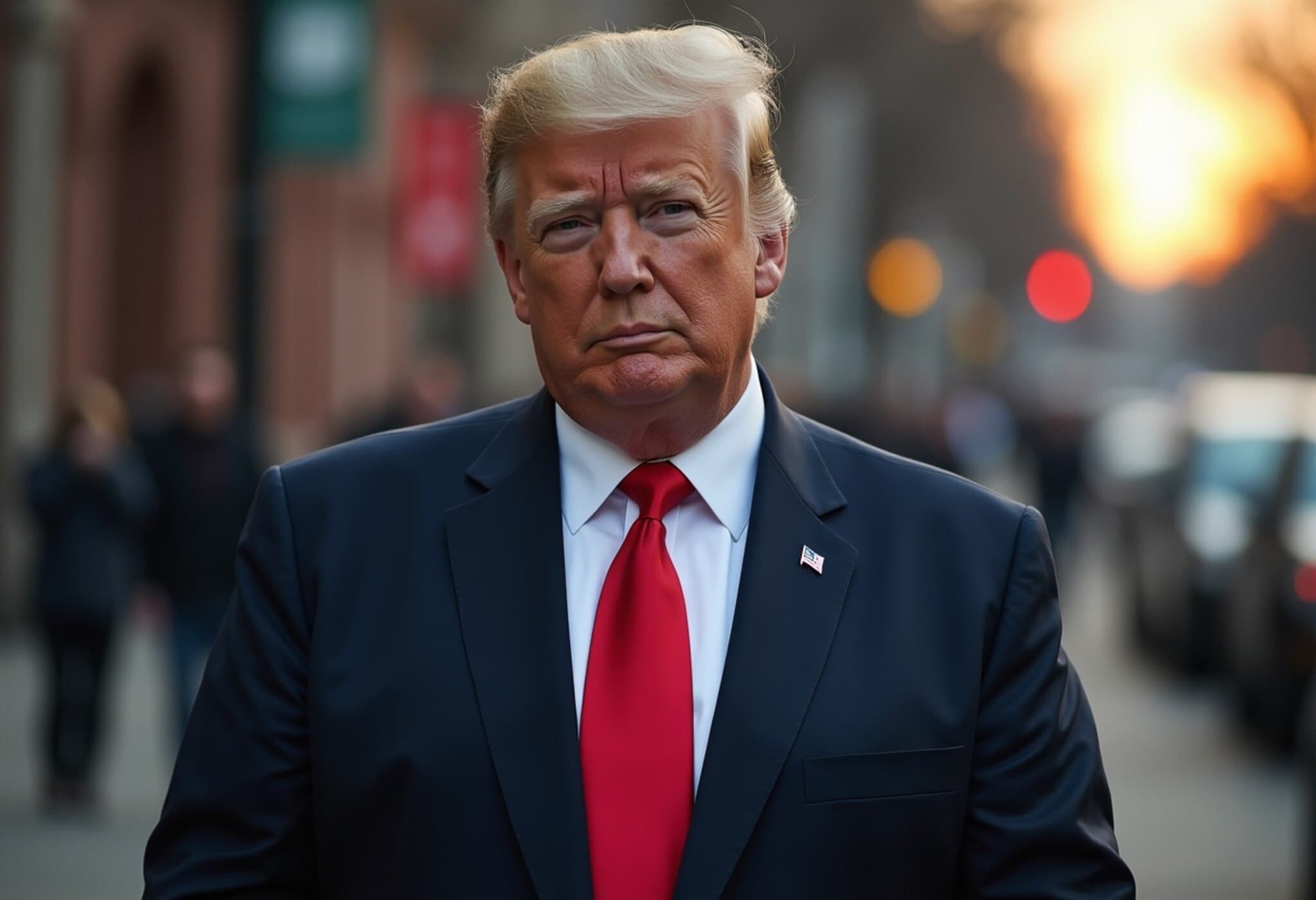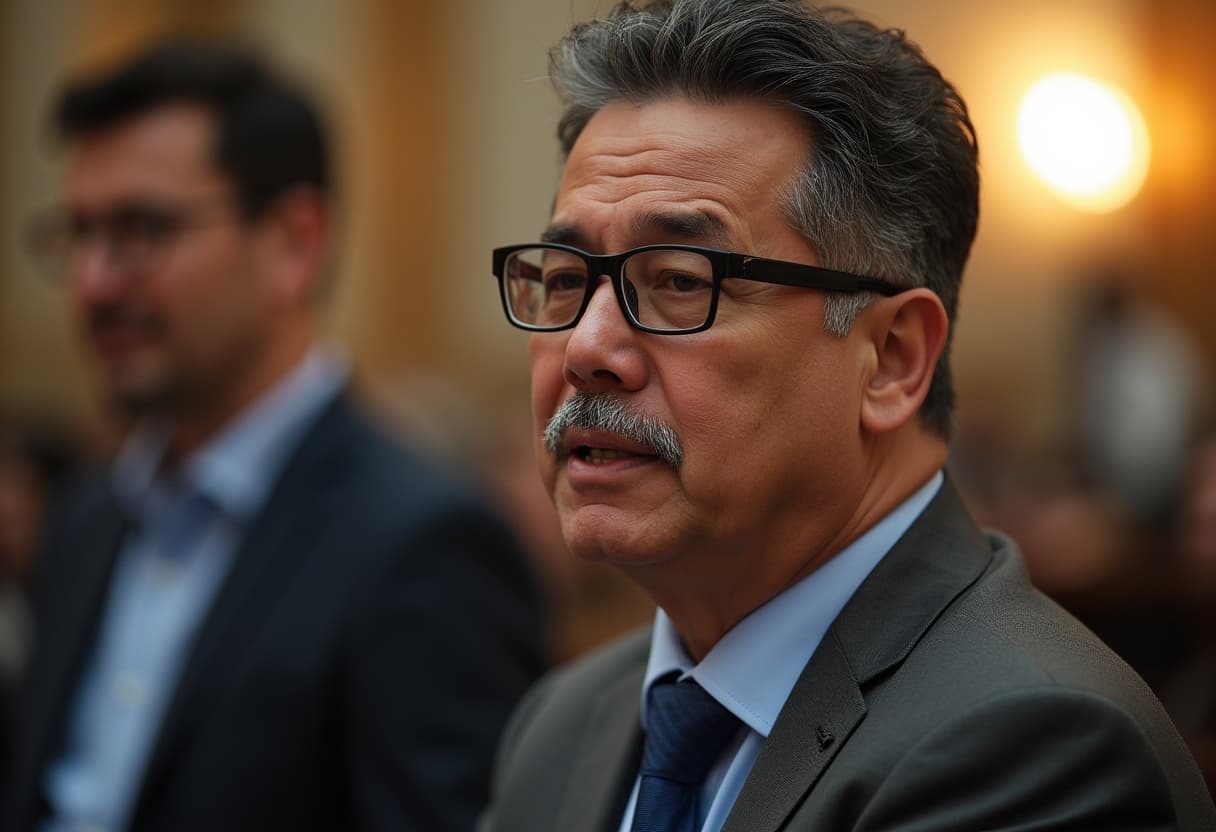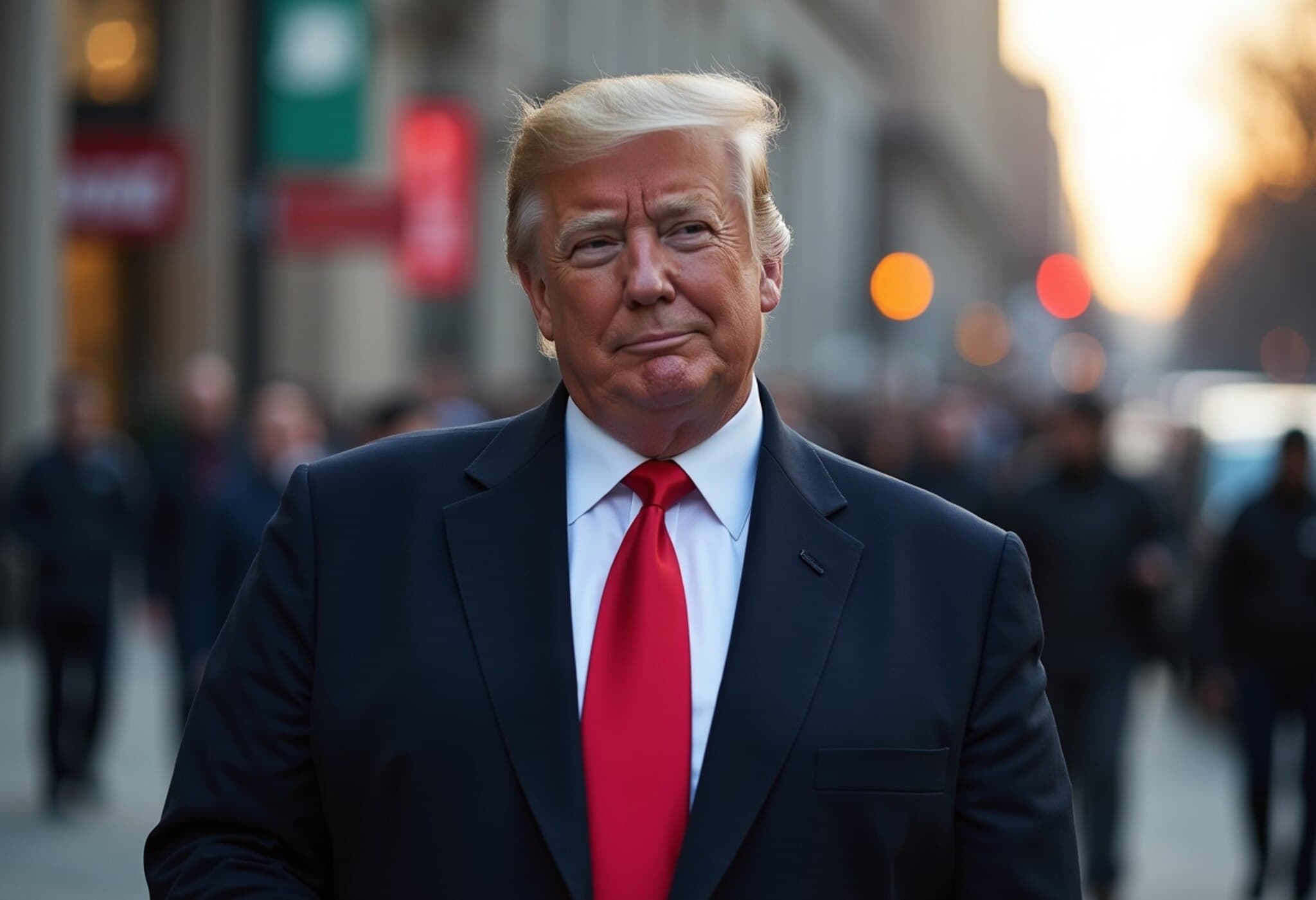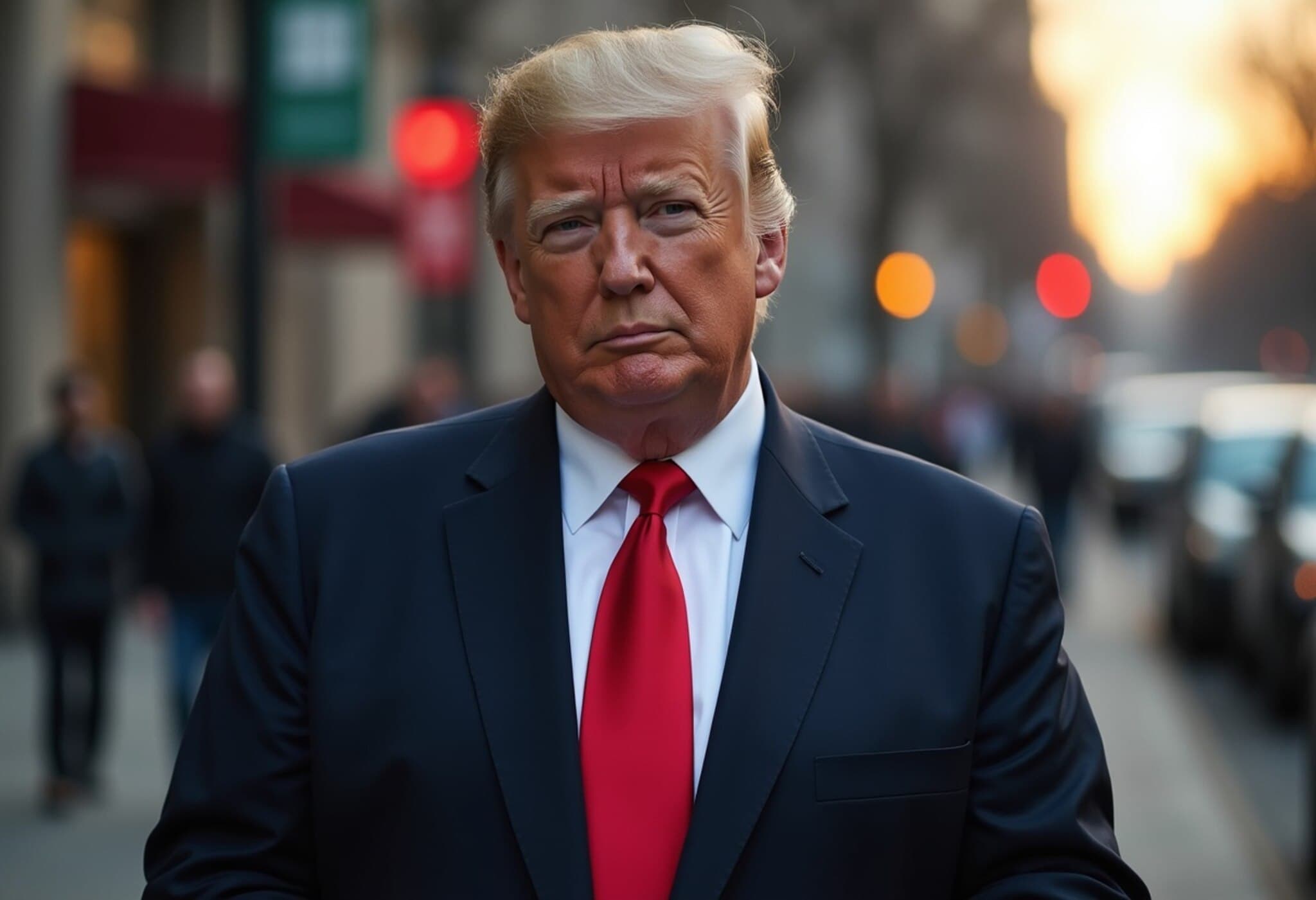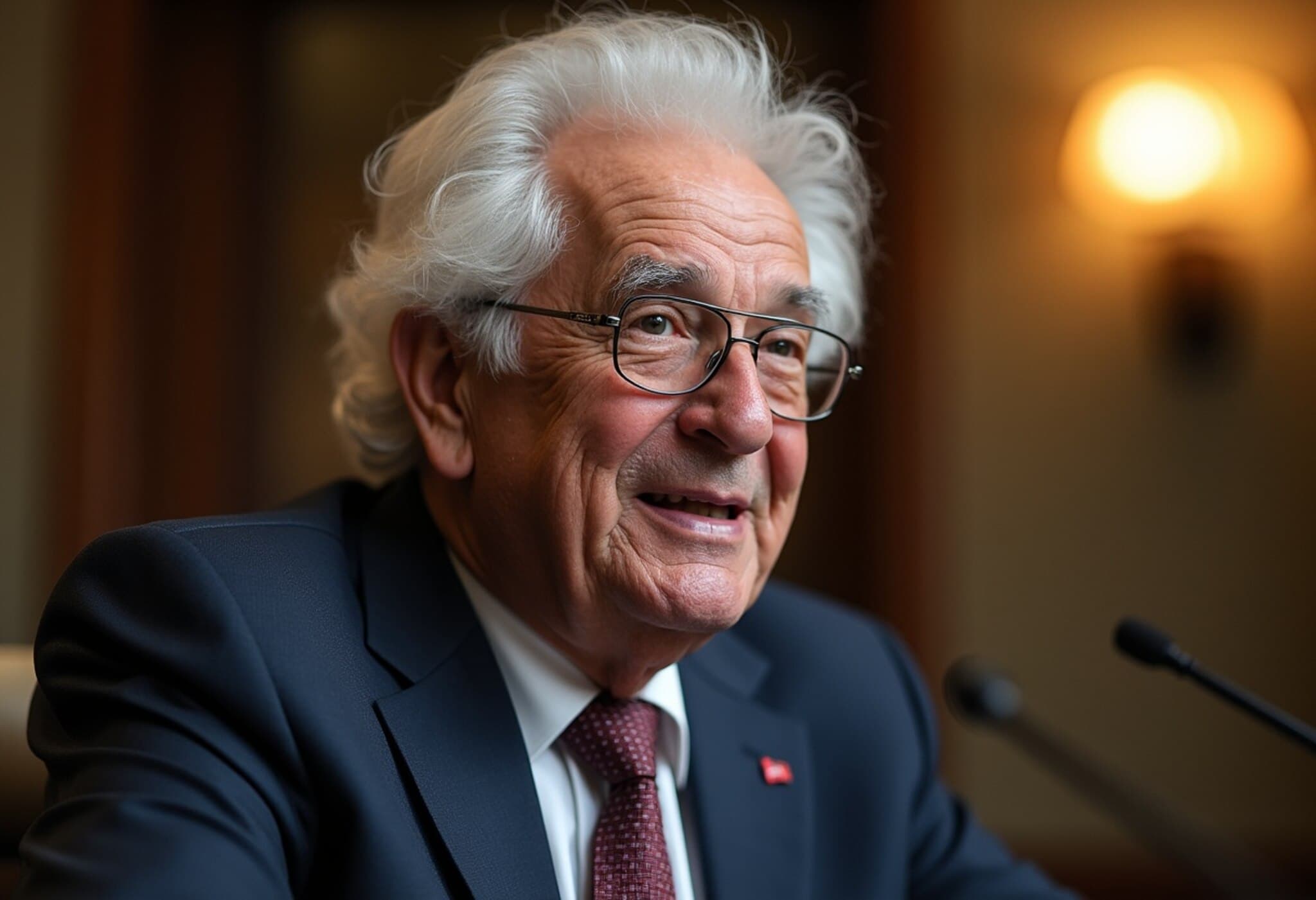Majority of Americans View Trump’s Performance More Favorably Than Biden’s: New Harvard CAPS/Harris Poll
A fresh poll conducted by Harvard CAPS/Harris reveals that a slim majority of American voters believe President Donald Trump is doing a better job than his predecessor, Joe Biden. The survey, carried out between August 20 and 21 with a representative sample of 2,025 registered voters, finds 54% of respondents favor Trump’s tenure over Biden’s, while 46% disagree.
This polling comes roughly seven months into Trump’s second presidential term, a period distinguished by pronounced policy shifts, including aggressive immigration enforcement, implementation of new tariffs targeting foreign nations, and the passage of a sweeping fiscal initiative often dubbed the "One Big, Beautiful Bill."
Detailed Poll Findings Highlight Complex Voter Sentiment
While Trump’s overall job approval stands at 47%, with 49% disapproving, this figure has remained stable over recent months. Republicans remain Trump’s staunchest supporters, with 83% approval within the party. In comparison, Biden’s net unfavorable rating clocks in at -14, notably higher (less favorable) than Trump’s -2, underscoring differing levels of voter discontent.
Mark Penn, co-Director of the Harvard CAPS/Harris poll and CEO of Stagwell, commented: "Trump has solidified his political base and is maintaining every point of it. He is pursuing initiatives that may take time to yield results. Without resolution in key foreign conflicts or a definitive economic strategy, partisanship will persist."
Policy Approval and Public Concerns
- Strongest approval: Crime reduction in U.S. cities (51%), immigration enforcement (50%), and restoring traditional American values (50%).
- Weakest areas: Handling of inflation (41%) and tariffs and trade policy (41%).
- Economic concerns: A majority (55%) believe Trump's policies will increase inflation; disapproval cuts across party lines — 83% of Democrats, 33% of Republicans, and 51% of independents.
- Trade impacts: 55% think tariffs are damaging the U.S. economy.
Foreign Policy: Skepticism Prevails
Regarding international crises, voters express doubt over Trump's capacity to resolve ongoing conflicts. About 59% believe he won’t end the war in Ukraine, while 64% doubt he can broker peace in the Israel-Hamas conflict. These figures highlight challenges Trump faces in convincing the electorate of his foreign policy efficacy.
Underreported Angles and Contextual Insights
Beyond the headline numbers, this poll sheds light on the deep partisan divide framing contemporary American politics. Trump’s stronghold on core voters contrasts with widespread skepticism among independents and opposition party members, particularly on inflation and trade policies — issues that materially impact everyday Americans’ lives.
Experts highlight how Trump's policy shifts—especially on tariffs and immigration—represent a stark departure from Biden's approaches, reflecting broader ideological battles over America's economic direction and global role.
Moreover, the poll's timing amid unresolved foreign conflicts underscores lingering voter anxiety about US leadership on the world stage, which could become pivotal in the upcoming election cycle.
Looking Ahead: What This Means for American Politics
As America navigates through polarized economic and geopolitical landscapes, these polling results prompt critical questions:
- Will Trump's policy initiatives eventually translate into tangible economic improvements, thereby broadening his appeal beyond his base?
- How will Biden and Democratic leaders respond to the erosion of their perceived performance advantage?
- Can either party present a unifying vision to move beyond the entrenched partisan divisions highlighted in the survey?
Ultimately, the poll serves as a snapshot of a nation grappling with competing narratives about leadership, policy, and the future direction of the United States.
Editor’s Note:
The Harvard CAPS/Harris poll offers a revealing, if complex, picture of the American electorate’s mindset. While Trump appears to gain traction over Biden in some performance metrics, significant headwinds remain in economic perception and foreign policy confidence. As the political landscape intensifies ahead of potential future elections, understanding these nuanced voter attitudes is essential for all stakeholders—from policymakers and analysts to engaged citizens. Keeping a close eye on these evolving dynamics can offer vital clues to how America might chart its path forward amid persistent division and uncertainty.

